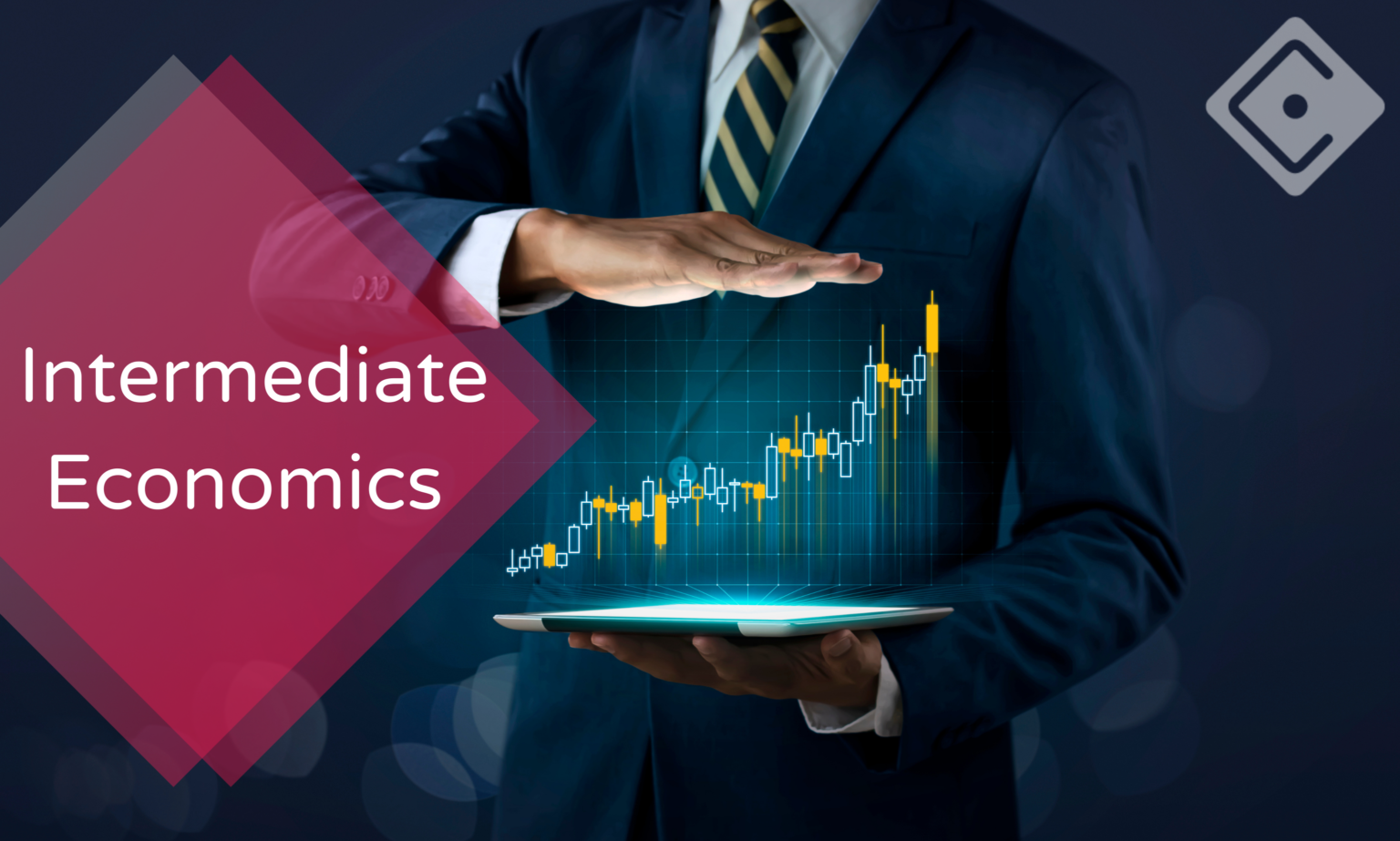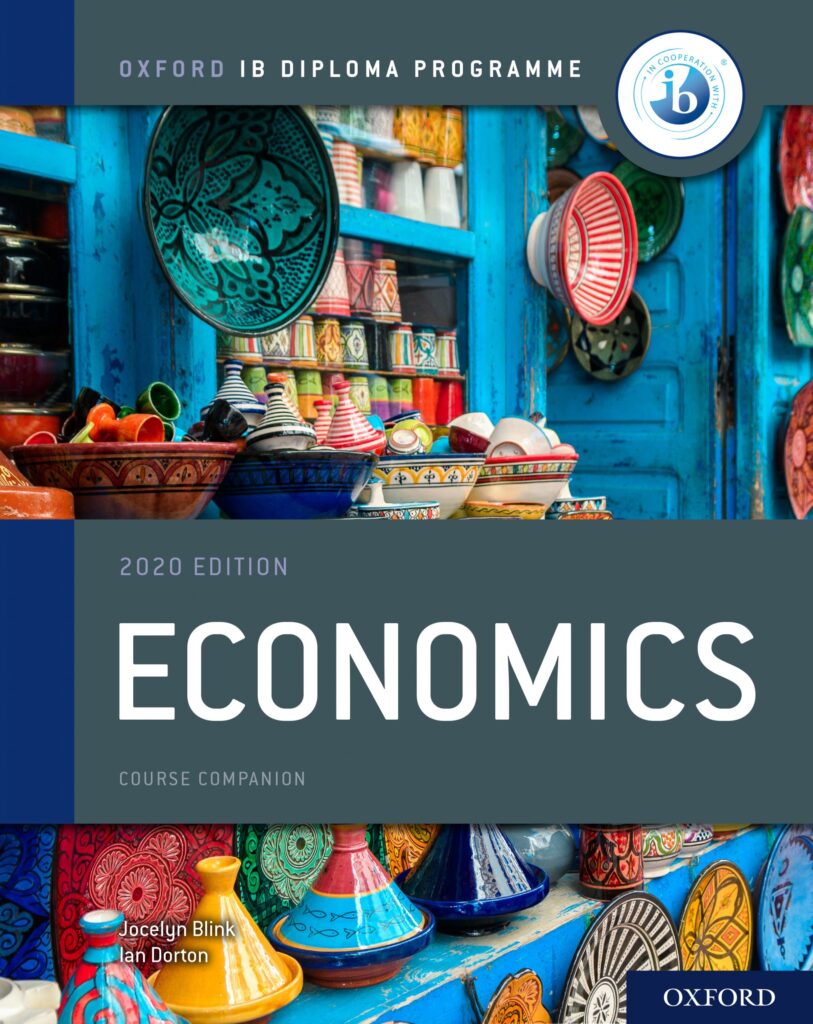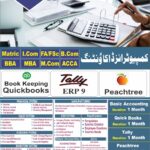My Unexpected Journey into Economics: Why Every Beginner Should Consider an Economics Course
Honestly, when I first considered taking an economics course, my brain pretty much conjured up images of complicated graphs, stern-looking professors, and a whole lot of numbers that probably wouldn’t make any sense to me. I wasn’t a math whiz, and the idea of "the economy" felt like this giant, abstract monster that only very smart, very serious people understood.
But something nudged me. Maybe it was seeing headlines about inflation, or wondering why my favorite coffee shop raised its prices, or just a general curiosity about how the world around me actually works. So, with a mix of dread and a tiny spark of curiosity, I signed up. And let me tell you, it turned out to be one of the most eye-opening experiences of my academic life. If you’re a beginner, just dipping your toes into the vast ocean of knowledge, let me tell you why an economics course might just be the unexpected adventure you never knew you needed.
My First Encounter: What Even Is Economics?
On the first day, our professor, a warm and enthusiastic woman named Dr. Evans, didn’t start with complex equations. Instead, she started with a simple question: "What do you want?"
Everyone looked around, confused. "Uh, good grades?" someone mumbled. "Coffee?" another ventured.
Dr. Evans smiled. "Exactly! We all want things. More money, a better job, a delicious meal, a new phone, even just a quiet evening. But here’s the kicker: we can’t have everything."
And that, she explained, is the heart of economics: scarcity. We have limited resources – limited time, limited money, limited materials – but seemingly unlimited wants. Economics, at its core, is the study of how people, businesses, and governments make choices when faced with this scarcity. It’s about figuring out the best way to use what we have to get as much of what we want as possible.
Suddenly, it wasn’t about intimidating numbers; it was about choices, about real-life dilemmas we all face every single day. This was my first "aha!" moment in my economics course.
Unpacking the Basics: Microeconomics and Macroeconomics
As the weeks went on, we started to break down this big idea of "choices" into two main branches, which you’ll definitely encounter if you study economics:
Microeconomics: Zooming In on the Small Picture
Think of microeconomics as looking at things under a microscope. It focuses on the individual players: you, me, a single company, a specific market. Why do you choose to buy one brand of cereal over another? How does a local bakery decide how many loaves of bread to bake? What happens to the price of avocados when there’s a bad harvest?
We talked about things like:
- Supply and Demand: This was a game-changer. It’s the most basic, yet powerful, concept. When lots of people want something (high demand) and there isn’t much of it available (low supply), the price goes up. Think concert tickets! Conversely, if there’s too much of something and nobody wants it, the price drops. Suddenly, understanding why gasoline prices fluctuate or why certain products are expensive started to click.
- Consumer Behavior: How do we decide what to buy? What influences our choices? It’s not always rational, and learning about this helped me understand my own shopping habits better.
- Firm Behavior: How do businesses make decisions about production, pricing, and hiring? It gave me a whole new appreciation for the complexities behind running a company, big or small.
Learning microeconomics felt like being given a secret decoder ring for everyday life.
Macroeconomics: Zooming Out to the Big Picture
Then we shifted to macroeconomics, which is like pulling back for a wide-angle shot of the entire economy. Here, we weren’t looking at individual choices, but at the big trends and challenges facing countries and even the whole world.
This is where you hear about things like:
- Gross Domestic Product (GDP): This measures the total value of all goods and services produced in a country. It’s often used as a report card for how well an economy is doing. Before, I just heard "GDP" on the news and nodded vaguely. Now, I understood why it mattered and what it really represented.
- Inflation: Ah, the reason my coffee got more expensive! Inflation is when the general level of prices for goods and services is rising, and, consequently, the purchasing power of currency is falling. Understanding why it happens (too much money chasing too few goods, for example) and how governments try to manage it was incredibly insightful.
- Unemployment: Why do people lose jobs? What can governments do to create more jobs? This section really highlighted the human impact of economic policies.
- Government Policies: We discussed how governments use tools like taxes, spending (fiscal policy), and interest rates (monetary policy) to try and steer the economy in the right direction, aiming for stable prices, full employment, and economic growth.
Macroeconomics made the news suddenly much more engaging. When politicians talked about "the economy," I no longer felt completely lost. I had a framework to understand what they were referring to and what the potential implications of their proposals might be.
The ‘Aha!’ Moments: Concepts That Clicked
Beyond the broad categories, there were specific ideas that really stuck with me and changed how I looked at things:
- Opportunity Cost: This is a big one. Every time you make a choice, you give up the opportunity to do something else. If I spend my last $10 on a movie ticket, I can’t spend it on a new book. The book is my opportunity cost. This simple idea helps you think more clearly about all your decisions, big and small. It’s about what you forgo when you choose.
- Incentives Matter: People respond to incentives. If you tax something, people do less of it. If you subsidize something, people do more of it. Understanding this helps explain a lot of human behavior, from why people choose certain jobs to why some policies fail and others succeed.
- The Invisible Hand: This famous concept by Adam Smith suggests that individuals pursuing their own self-interest, guided by market prices, can actually lead to a beneficial outcome for society as a whole, even if that wasn’t their original intention. It’s a powerful idea about how markets can organize themselves.
These concepts, taught through real-world examples and engaging discussions, made the economics course feel less like a lecture and more like a series of revelations.
Beyond the Textbooks: How Economics Explains the World
What truly surprised me was how much the principles I learned in my economics course applied to everything. It wasn’t just about money or business.
- Understanding Daily Life: Why does the line at the grocery store move so slowly? (Supply of checkout staff vs. demand from shoppers). Why are concert tickets so expensive? (High demand, limited supply). Why did that restaurant down the street close? (Couldn’t cover costs, low demand).
- News and Current Events: Suddenly, news reports about trade agreements, government budgets, interest rate changes, and even climate change initiatives made so much more sense. I could see the economic forces at play and understand the potential consequences.
- Critical Thinking: Economics teaches you to think critically, to look beyond the surface, and to consider the unintended consequences of actions. It makes you ask "and then what?" It encourages you to analyze problems from multiple angles and to evaluate solutions based on their likely impact. This skill is invaluable, no matter what path you choose in life.
It’s like someone handed me a special pair of glasses that allowed me to see the hidden mechanisms of the world. And that’s a powerful feeling.
Who Should Take an Economics Course? (Spoiler: Probably You!)
You might be thinking, "That sounds interesting, but I’m not planning to be an economist or work in finance." And that’s perfectly fine! The beauty of an economics course for beginners is its broad applicability.
I truly believe that almost anyone can benefit from taking an introductory economics course. Consider it if you are:
- Curious about how the world works: If you ever wonder why things are the way they are – prices, policies, global events – economics offers a framework to understand.
- Thinking about a career in business or entrepreneurship: Whether you want to start your own company or work in marketing, management, or sales, understanding economic principles will give you a significant edge.
- Interested in politics or public policy: If you care about social issues, healthcare, education, or environmental policy, economics helps you understand the trade-offs and impacts of different approaches.
- Want to make smarter personal decisions: From budgeting your money to deciding on a career path, the principles of scarcity and opportunity cost are incredibly useful.
- Simply looking for a new perspective: Sometimes, learning something completely new can open your mind in unexpected ways. Economics offers a unique lens through which to view human behavior and societal organization.
You don’t need to be a math genius. While there are certainly quantitative aspects, most introductory economics courses focus on concepts and critical thinking, using math as a tool rather than the main event.
My Final Takeaway: It’s More Than Just Numbers
My initial apprehension about graphs and numbers quickly faded as I realized the true essence of economics: it’s about people. It’s about how we make choices, how we interact, and how those interactions shape our world. It’s about understanding the challenges we face as a society and thinking creatively about solutions.
Taking that economics course didn’t just give me academic credits; it gave me a new way of seeing. It helped me feel more informed, more engaged, and more capable of understanding the complex world we live in. It demystified something I once thought was only for a select few.
So, if you’re on the fence, if you’re a beginner looking for something genuinely valuable and surprisingly engaging, I wholeheartedly recommend giving an economics course a try. You might just find, like I did, that it’s an unexpected journey that changes how you look at everything. It’s less about the numbers, and much more about the story of us.



